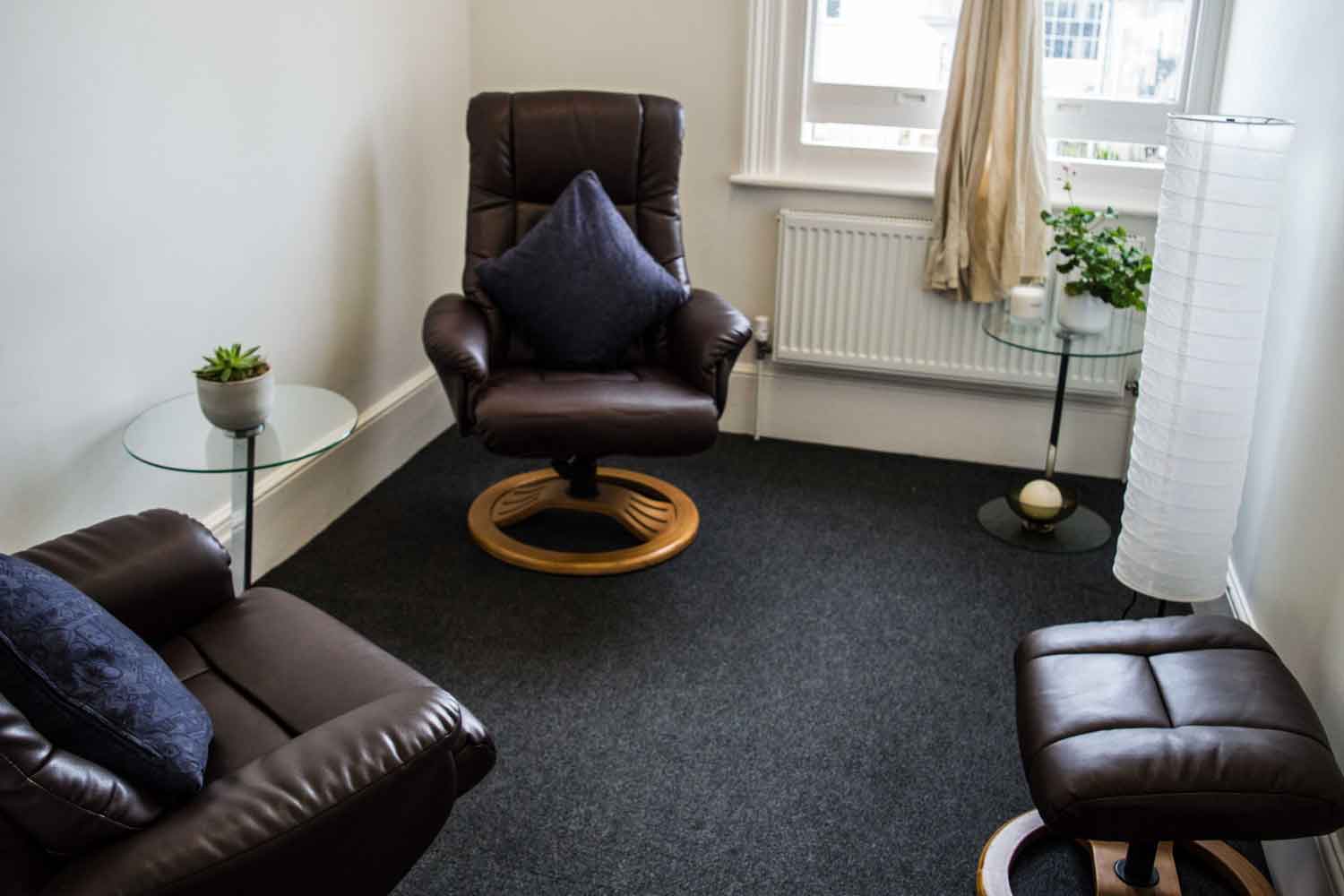Our Counselling Psychologists and Clinical Psychologists work therapeutically with clients suffering from a broad range of mild to complex psychological difficulties (for example, the effects of childhood sexual abuse, relationship breakdown, domestic violence, major trauma and more). Our Counselling Psychologists and Clinical Psychologists are able to work with individuals, couples, families and groups.
All of our counselling and clinical psychologists offer an individually formulated therapeutic approach to address the particular difficulty you may be experiencing such as anxiety, depression, eating disorders, post-traumatic stress disorder and psychosis (for more details of the difficulties we are able to work with click here). Our psychologists seek to build an active relationship with clients, which can both facilitate the collaborative exploration of underlying issues and empower individuals to confront and initiate changes.
Chartered Psychologists work at all levels from assistant to consultant in NHS services including primary care, Community Mental Health Teams, tertiary settings for psychiatric in-patients, specialist services for older adults, those with eating disorders, personality disorders, learning difficulties, children and adolescent services, substance misuse and dual diagnosis services, and in general health care settings where psychological services are offered; in prison and probationary services, social services, voluntary organisations, employee assistance programmes (EAPs) occupational health departments, university student and staff counselling services; and in private practice.
The core professional activities of psychologists relate principally to the provision of psychological therapy, including:
- Assessment whereby the psychologist seeks to gain an understanding of the difficulties from the client’s perspective, taking into account the wider context;
- Formulation to develop with the client(s) a psychological explanation of how and why the particular difficulties have arisen and are experienced by the client(s);
- Planning and implementation of a course of psychological therapy and evaluation of the outcome of the therapy;
- Supervision and training of other counselling psychologists, applied psychologists, assistant psychologists and other related professionals;
- Multidisciplinary team work and team facilitation;
- Service and organisational development, leadership and management;
- Policy development.
- Change management whether for individuals, couples, families, or services such as healthcare services, workplace services or schools and colleges
What is the difference between Clinical Psychology and Counselling Psychology?
It is important to note first and foremost that there are very many overlaps in the training received by Counselling Psychologists and Clinical Psychologists. Moreover, all of the Counselling Psychologists and Clinical Psychologists at Psychology Sussex offer an integrative approach which means that they draw on several different therapeutic modalities (types of training) to offer an approach that suits you. Of course different practitioners will lean more heavily on certain types of therapeutic modality than others, dependant on their training. This is why from the very first contact you make with Psychology Sussex we work hard to ensure that you are matched with the most suitable practitioner for your needs.
Differences
These days there is very little difference between how a counselling/clinical psychologist practice their work and in fact the doctoral trainings in either discipline are now remarkably similar. The differences remaining, are that clinical psychology doctoral trainings are funded by the NHS who also provide the placements and that individual therapy for the trainee, although recommended is not compulsory.
Counselling psychology doctoral trainings are independently funded with personal therapy being a compulsory requirement. Although there may be more emphasis on therapeutic modalities and the importance of the therapeutic relationship in counselling psychology trainings, with clinical psychology focussed more on working within NHS services and psychometric testing, how a psychologist works in practice, will be determined by subsequent trainings and specialist interests.
More information about this can be found on the British Psychological Society website.
If you would like to discuss whether you think seeing a Clinical or Counselling Psychologist may be of benefit to you then do not hesitate to Contact our experienced admin team who will be happy to discuss your needs in more detail.










